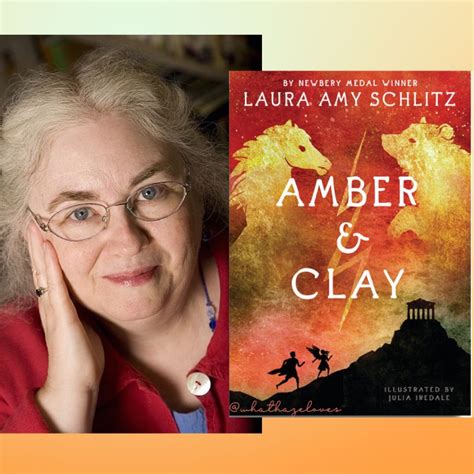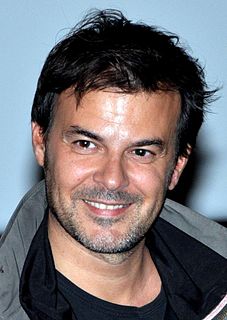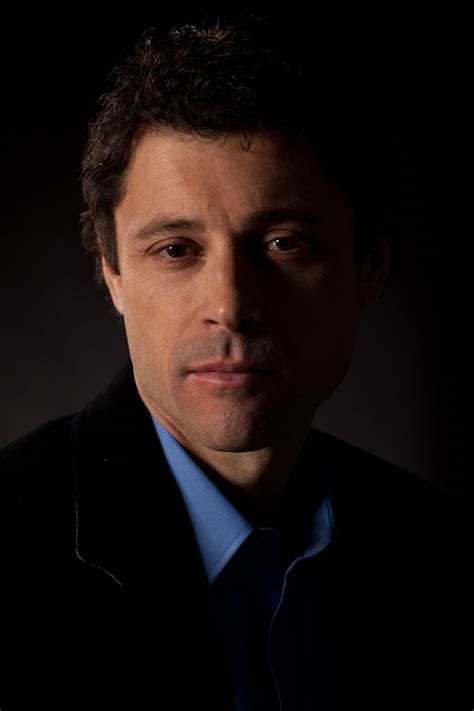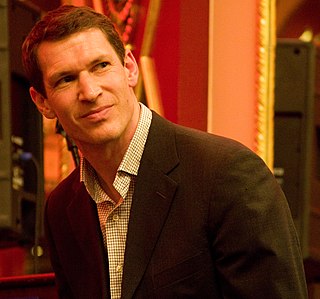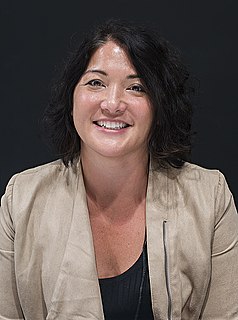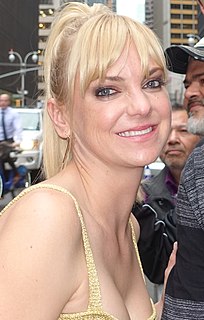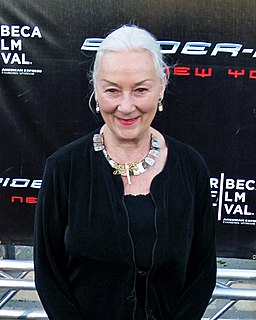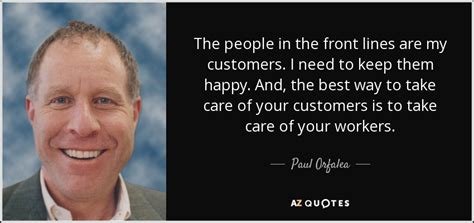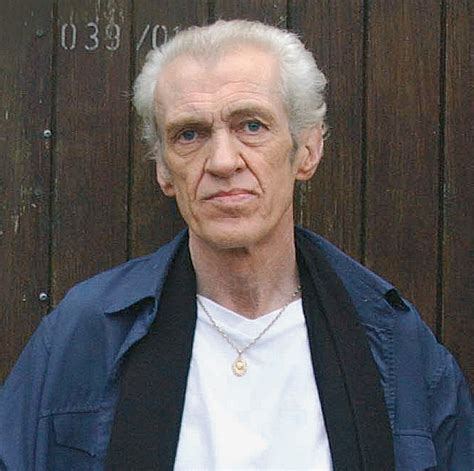A Quote by Laura Amy Schlitz
Novels taught me that history is dramatic. I wanted my students to know that, too.
Related Quotes
I didn't want to make Young and Beautiful as very dramatic movie . In a certain way, I wanted to do a girly film. I wanted to make something sweet, pink. With a boy it was too dramatic and too heavy. I had a lot of pleasure with the boys in In the House, I said, "This time I will do a film with girls."
I set up this magazine called Student when I was 16, and I didn't do it to make money - I did it because I wanted to edit a magazine. There wasn't a national magazine run by students, for students. I didn't like the way I was being taught at school. I didn't like what was going on in the world, and I wanted to put it right.
Human history has become too much a matter of dogma taught by 'professionals' in ivory towers as though it's all fact. Actually, much of human history is up for grabs. The further back you go, the more that the history that's taught in the schools and universities begins to look like some kind of faerie story.
I really wanted to do some serious work. I really wanted to be a part of dramatic films. I wanted to show this talent, whatever that means, that I could be a dramatic actress as well. But the truth is, a) I don't know if I can, and b) I love doing comedy, and I felt almost a little embarrassed that I succumbed to the pressure. Vanity is really what it is. I feel really grateful that I am in comedy, and I love doing it.
